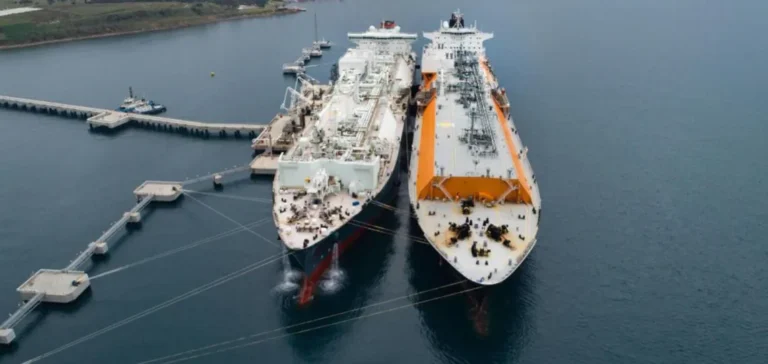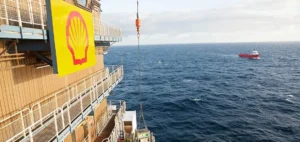TotalEnergies will proceed with the withdrawal of its floating LNG terminal stationed in Le Havre, following a decision by the Rouen administrative court. Installed in October 2023, the vessel Cape Ann, equipped with a regasification system, had not been used for over a year. The terminal had been deployed in response to natural gas supply tensions caused by the war in Ukraine.
Stabilisation of the European gas market
In a statement, TotalEnergies indicated that gas supply conditions in France and Europe had “stabilised”, rendering the facility unnecessary. The group stated that this temporary infrastructure, fully financed without public support, had been designed as an emergency measure to prevent potential supply disruptions.
The floating terminal was authorised by a prefectoral decree in April 2023, during a period marked by the interruption of Russian gas flows via pipelines. It was intended to strengthen France’s liquefied natural gas (LNG) import capacity via maritime routes. However, since August 2024, no LNG carriers had docked at the site and the terminal remained inactive.
Judicial decision and scheduled withdrawal
The decision to withdraw follows legal action initiated by several associations, including Écologie pour le Havre, which challenged the project’s environmental impact. The administrative court ruled that current conditions no longer justified continued operations and ordered the government to repeal the authorisation within two months.
The Ministry of Energy confirmed that the state would issue a new decree terminating the terminal’s operation. The withdrawal will be carried out “in consultation with the various stakeholders involved”, according to the administration.
Context of global LNG overcapacity
Amid rapid expansion of global gas projects, pressure on temporary infrastructures has eased. The International Energy Agency (IEA) forecasts a surplus of LNG in the coming years, driven in part by new capacity under development in the United States.
Floating terminals, while suited for short-term emergencies, could become obsolete in regions where land-based infrastructure is fully restored.






















